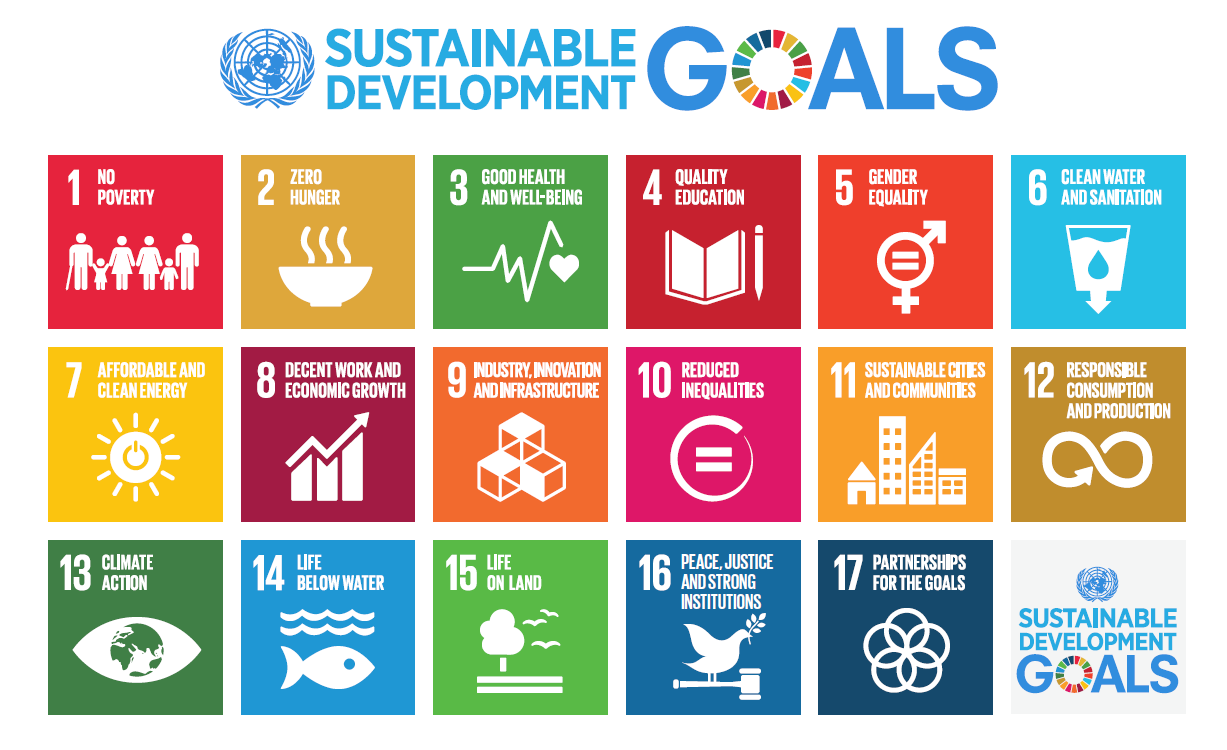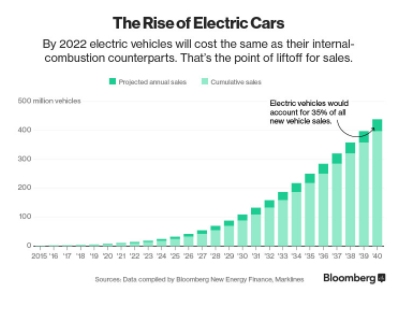Home Energy Savings Guide for Kids, Teens and AdultsinShare
With a growing world population, the need for energy also continues to grow. That is why it is so important for us to save energy within our homes, at work, and at school whenever possible. Energy conservation also cuts down on greenhouse gases that can contribute to climate change, and reduces pollution in general. Even the simplest actions can have a big effect. We introduce some tips and tricks to start conserving energy today.
Common Ways to Save Energy at Home
There are multiple ways you can save energy at home. Read on to learn about them.
Improve Heating and Cooling Efficiency
Whether living in a cold or hot environment, we all use some form of heating and cooling in our homes. Our homes are in constant need of maintenance to continue to be or become energy efficient and save money.
Some tips suggested by the University of Georgia are:
- Have a professional contractor conduct an inspection once a year in your home.
- Replace and clean filters every three months.
- Keep units clean and free of debris.
- Check home insulation.
- Check the condition of air ducts.
- Properly care for any window unit air conditioners.
For more tips and information about how to properly care for and maintain your heating and cooling units, please visit the government website Energy or the Federal Trade Commission at Heating and Cooling Your Home for Less.
How Your Business Can be More Environmentally-Friendly?
How Your Business Can be More Environmentally-Friendly?

Looking after the planet and being green is not only the moral thing for you to do, but it can also make a lot of good business sense.
As well as promoting a healthier workplace, going green could help your business save money as well as boosting your company’s reputation as consumers are becoming more environmentally-conscious, with a third preferring to use sustainable brands.
So how can your business be greener you may ask? Here are four ways where you can start your eco-friendly journey.
Reduce Your Waste
There are probably quite a few places where your company can save on waste and they don’t require big changes to be made in the office. It could involve installing recycling bins in the office to reduce waste, such as paper and plastic bottles.
You can also cut down on any wasted energy, which will save you money in the long run. Encourage your employees to switch off their computer monitors, printers and the lights at the end of each day as standby mode still uses power overnight and on a weekend.
Go green by switching to energy efficient bulbs and replace outdated appliances with greener counterparts that will use their energy more efficiently.
Anti-Tech Revolution: Why and How
 Anti-Tech Revolution: Why and How Paperback – August 31, 2016
Anti-Tech Revolution: Why and How Paperback – August 31, 2016
There are many people today who see that modern society is heading toward disaster in one form or another, and who moreover recognize technology as the common thread linking the principal dangers that hang over us... The purpose of this book is to show people how to begin thinking in practical, grand-strategic terms about what must be done in order to get our society off the road to destruction that it is now on." —from the Preface.
Publisher's Description:
A comprehensive historical analysis explaining the futility of social control and the catastrophic influence of technological growth on human social and planetary ecological systems. Distilled from the critical socio-historical analysis is the author's own theoretical framework for effecting meaningful and lasting change.
Note: Theodore John Kaczynski does not receive any remuneration for this book.
EUROPEAN READERS: Anti-Tech Revolution: Why and How is published in Europe by Soregra Editores, and is available for purchase on most European Amazon sites including www.amazon.co.uk.
SOUTH AMERICAN READERS: Anti-Tech Revolution: Why and How is published in South America by Publit, and is available for purchase online at http://www.publit.com.br/.
What is ecology?
What is ecology?
Ecology is the study of the distribution and abundance of organisms, the interaction between organisms, the interaction between organisms and their environment, and structure and function of ecosystems.
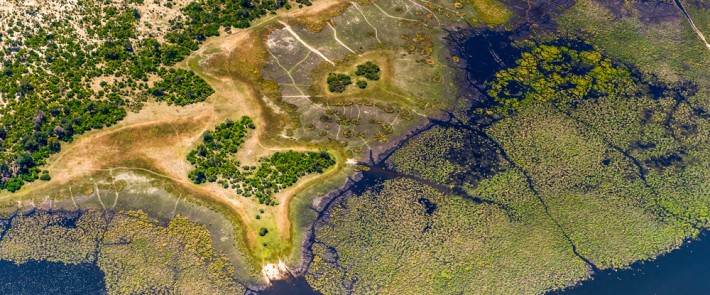
Why is ecology important?
Ecology helps us understand how the world works. It provides useful evidence on the interdependence between people and the natural world and, as well the consequences of human activity on the environment.
Can we conserve a habitat and its biodiversity?
Yes. Ecology provides the essential basis for nature conservation. Maintaining a mosaic of habitats ensures the survival of a rich variety of species. For instance, heathland is a valued landscape that is fast disappearing throughout much of Western Europe, but studies have helped identify how to preserve its ecological characteristic.
THE OCEAN CONFERENCE
THE OCEAN CONFERENCE
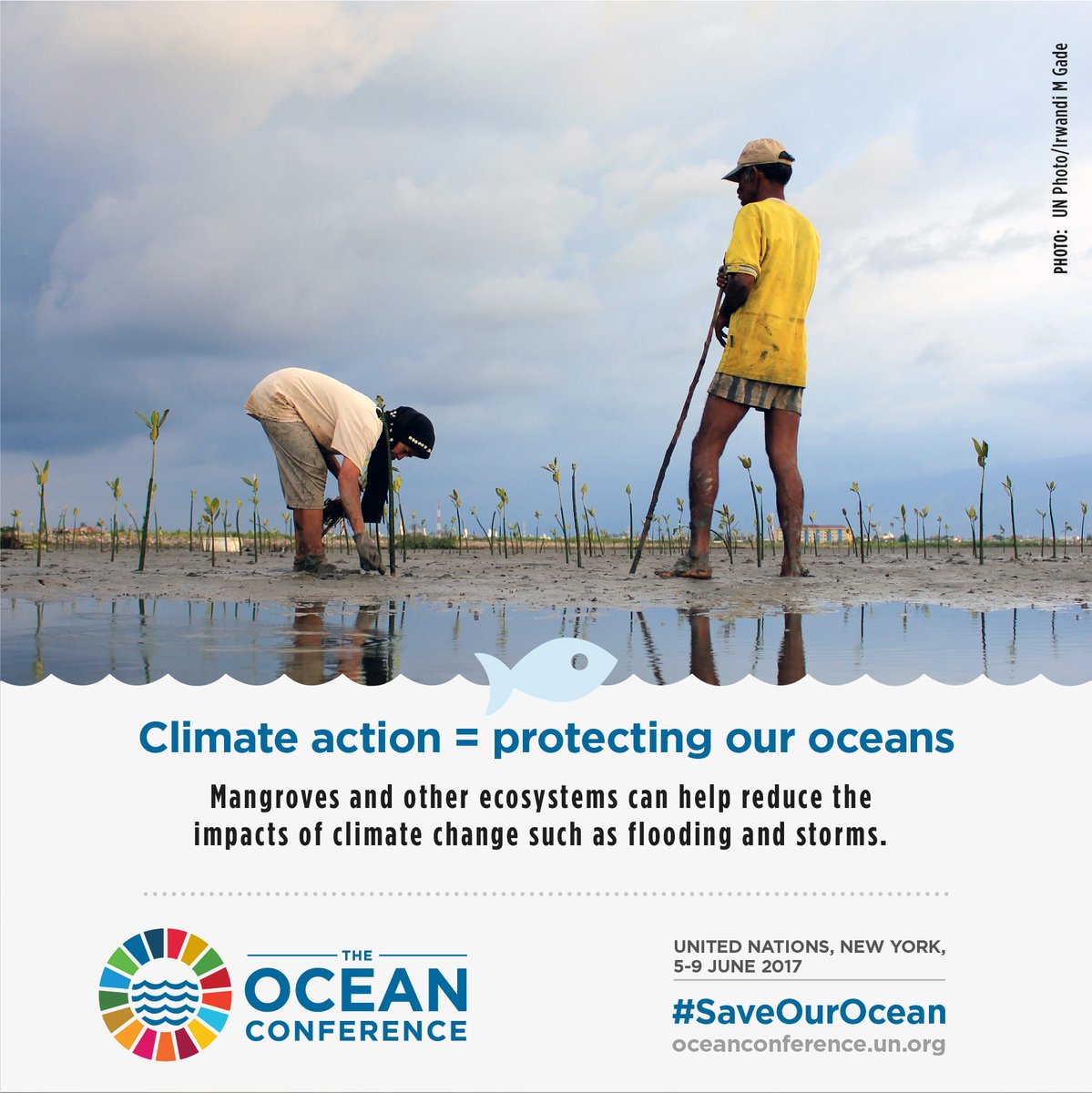
Our oceans, our future: partnering for the implementation of Sustainable Development Goal 14
The high-level United Nations Conference to Support the Implementation of Sustainable Development Goal 14: Conserve and sustainably use the oceans, seas and marine resources for sustainable development will be convened at United Nations Headquarters in New York from 5 to 9 June 2017, coinciding with World Oceans Day, to support the implementation of Sustainable Development Goal 14. The Governments of Fiji and Sweden have the co-hosting responsibilities of the Conference.
The Conference aims to be the game changer that will reverse the decline in the health of our ocean for people, planet and prosperity. It will be solutions-focused with engagement from all.
The Conference shall:
Understanding sustainable development
Understanding sustainable development
Introduction
This module explores the emerging concept of ‘sustainable development’ which is now central to the programmes of many governments, businesses, educational institutions and non-government organisations around the world. The module takes an historical approach tracing the widening understanding of sustainable development from the 1980s up to the present day. This history includes landmark international events such as: the 1987 Brundtland Report, the 1992 Earth Summit in Rio de Janiero, the 1997 Rio+5 Conference and the 2000 Millennium Summit in New York, and the 2002 World Summit on Sustainable Development in Johannesburg.
Global Sustainable Development Report 2019
Global Sustainable Development Report 2019

Introduction
Mandate
In July 2016, Member States agreed on the scope, frequency and methodology for the Global Sustainable Development Report going forward. The agreement is reflected in Paragraph 22 of the HLPF Ministerial Declaration, and made operational through the associated Annex.
Scope
The text recalls paragraph 83 of the 2030 Agenda for Sustainable Development, and stresses that the Global Sustainable Development Report is one important component of the follow-up and review process for the 2030 Agenda for Sustainable Development. The Global Sustainable Development Report will inform the high-level political forum, and shall strengthen the science-policy interface and provide a strong evidence-based instrument to support policymakers in promoting poverty eradication and sustainable development. It will be available for a wide range of stakeholders, including business and civil society as well as the wide public. The Report should incorporate scientific evidence in a multidisciplinary manner, considering all three dimensions of sustainable development, in order to reflect the universal, indivisible and integrated nature of the 2030 Agenda. With its universal scope, the Report should also consider the regional dimension, as well as countries in special situations. The Report will provide guidance on the state of global sustainable development from a scientific perspective, which will help address the implementation of the 2030 Agenda, provide lessons learned, while focusing on challenges, address new and emerging issues and highlight emerging trends and actions. The Report should also focus on an integrated approach and examine policy options with a view to sustaining the balance between the three dimensions of sustainable development. These policy options should be in line with the 2030 Agenda to inform its implementation.
Climate Change
Climate Change
The effects of urbanization and climate change are converging in dangerous ways. Cities are major contributors to climate change: although they cover less than 2 per cent of the earth’s surface, cities consume 78 per cent of the world’s energy and produce more than 60% of all carbon dioxide and significant amounts of other greenhouse gas emissions, mainly through energy generation, vehicles, industry, and biomass use. At the same time, cities and towns are heavily vulnerable to climate change. Hundreds of millions of people in urban areas across the world will be affected by rising sea levels, increased precipitation, inland floods, more frequent and stronger cyclones and storms, and periods of more extreme heat and cold.
Climate Change Causes Habitat Loss and Species Extinction
Climate Change Causes Habitat Loss and Species Extinction
Each species evolves to thrive in its own particular ecological niche – to live in a particular "home" with specific living conditions (including temperatures ranges and other plant and animal species). Some species are more adaptable than others. For example, rats and dogs can survive under many different conditions, but koalas can only live where there is eucalyptus, and pandas where there are bamboo. Human-caused climate change will alter temperatures, precipitation and sea level – wiping out some habitats and shifting others faster than many species can migrate.
A polar bear walks along the edge of 'the ice bridge' in the Robeson channel, near the border between Greenland and Canada. Polar bears are facing extinction as they are losing vast areas of their sea ice habitat due to global warming. 06/28/2009 © Nick Cobbing / Greenpeace
Unless we drastically reduce our greenhouse gas emissions, we can expect several factors to combine that will make the coming die out astonishingly severe. The climate is changing faster than at almost any time in our plane's history. Also, many ecosystems are already stressed by human activities – destructive logging, excessive grazing, over fishing, toxic pollution and the like. And expanding human development destroys habitats and impedes many species from migrating – superhighways effectively block land animals, for example.
Climate Initiative
Climate Initiative
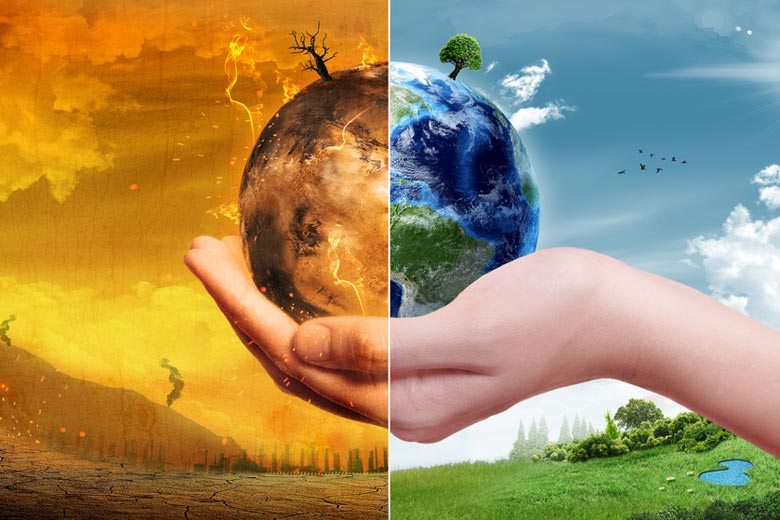
There is unprecedented, international support to address climate change. The Paris Agreement – a global and legally binding agreement to reduce greenhouse gas emissions to limit global warming to well below 2oC is now in force. The Sustainable Development Goals provide clear 2030 goals on a range of environmental and social issues – including Goal 13 which is an explicit requirement to combat climate change. And recently, the international community reached two more milestone agreements, one on limiting international carbon emissions from aviation, and one on reducing HFCs – one of the more potent greenhouse gases. The challenge is now to ensure business, governments and civil society work together to deliver on the existing commitments ahead of the first review period in 2018.
President Trump Decision to Leave Paris Agreement is a Colossal Mistake
STATEMENT: President Trump Decision to Leave Paris Agreement is a Colossal Mistake
WASHINGTON (June 1, 2017) —Today President Trump announced that the United States will withdrawal from the Paris Agreement on climate change.
Following is a statement by Andrew Steer, President & CEO, World Resources Institute:
“This decision is a colossal mistake. It shows a stunning disregard for the well-being of people and the planet. President Trump will now have to answer for walking away from one of the most hard-fought and popular global achievements in recent memory.
“Withdrawing from the Paris Agreement will leave the U.S. diplomatically adrift, at odds with nearly 200 countries. There are now 194 countries united in their determination on climate, while a group of three – Syria, Nicaragua, and the United States – stand apart.






